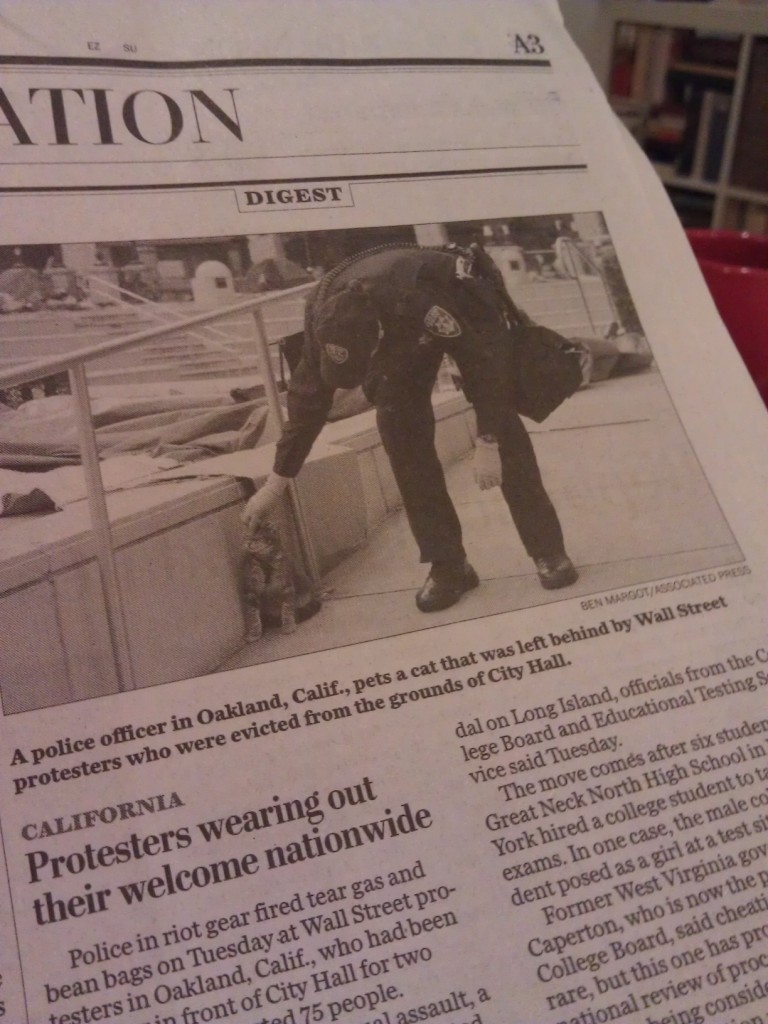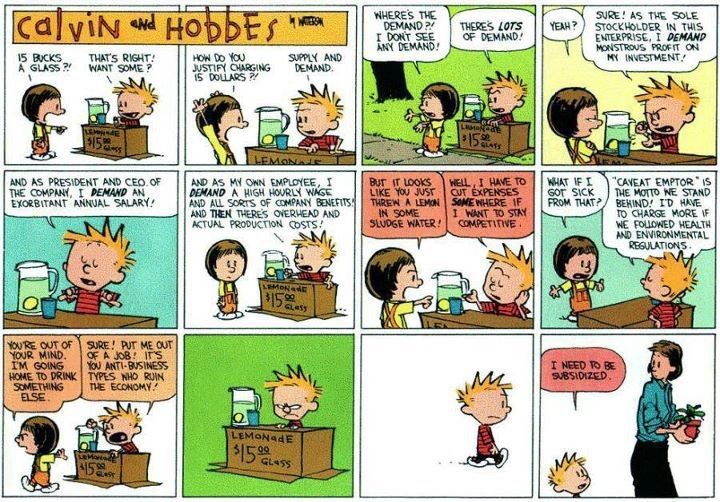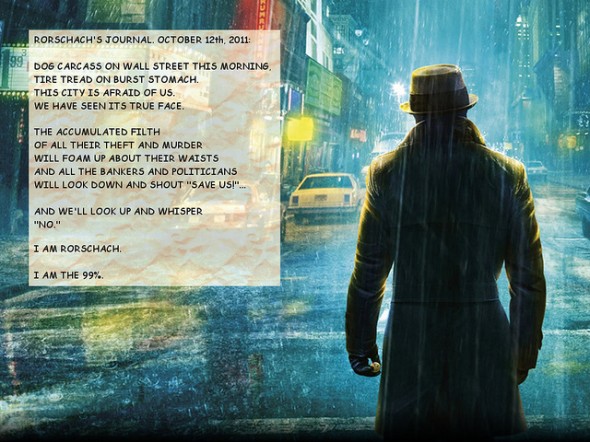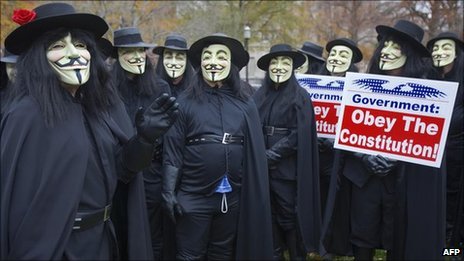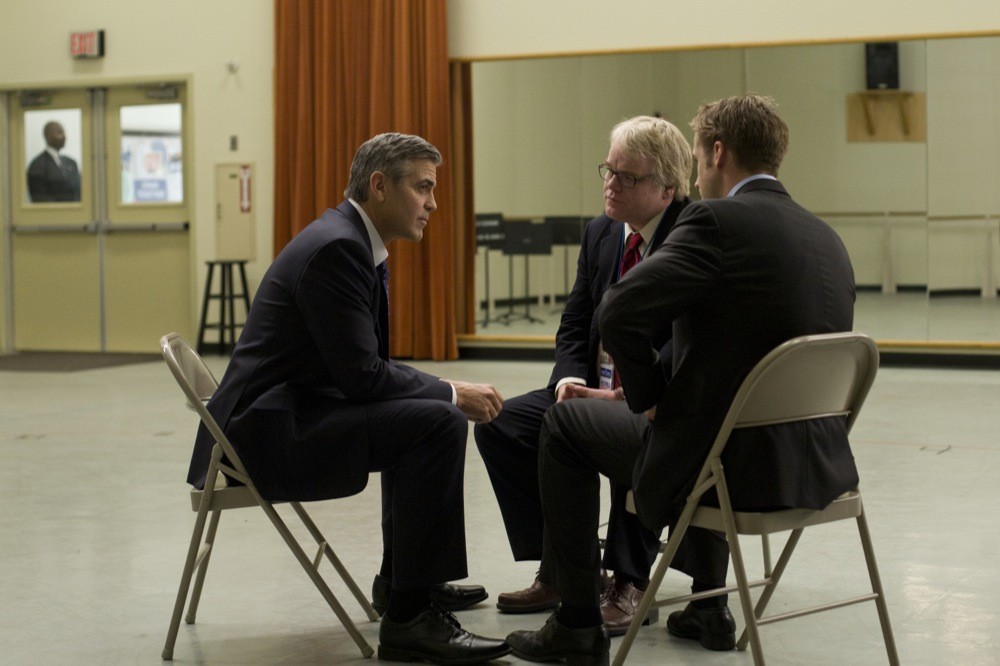
“
I’m just a symptom of the moral decay that’s gnawing at the heart of the country…”
George Clooney’s The Ides of March (which I finally caught several weeks after
Drive — hopefully I’m a little faster with
the back-half of this year’s Clooney double feature) is easier to admire than it is to recommend. Attempting to dramatize the dark corners of American politics where careerism strangles idealism, it’s a film with a serious purpose and admirable ambitions. It’s well-made, and definitely well suited to the deflated, cynical “
change we no longer believe in” zeitgeist of this political moment. And it’s generous to its bevy of talented actors, even if they don’t interact as much on-screen as I might have liked.
At the same time, I found Ides‘ depiction of contemporary politics to be totally theatrical and unrealistic, and its messaging rather muddled. (For a Phillip Seymour Hoffman movie that does get politics right, despite its occasional Sorkinisms, check out Charlie Wilson’s War.) The basic conceit here is All the King’s Men, basically (or, if you’re new-school, Primary Colors) — No man is a hero to his valet and all that, especially in politics. But by having the feet of clay of Clooney’s Obama-esque candidate, Governor Mike Morris of Pennsylvania, here be (yawn…oh, and major spoiler, I guess), in the parlance of politics, a “bimbo eruption,” Ides not only makes itself seem relentlessly dated. It seems to flinch from the problems in contemporary politics that people are actually and justifiably cynical about.
So, now that I’ve spoiled one of the major “twists,” let me roll it back for a moment. It’s the final days of the Ohio Democratic primary, and Governor Morris is in a neck-and-neck race with Senator Ted Pullman of Arkansas (Michael Mantell, not a factor here.) Running the respective campaigns are Hoffman and Paul Giamatti — although, don’t get your hopes up, they have maybe 30 seconds of time together.The kingmaker of the entire race could well be Senator Thompson of North Carolina (Jeffrey Wright), who has recently dropped out and has delegates to spare — although, again, don’t get your hopes up, Wright is here for maybe five minutes tops. And the ace in the hole is Morris’ wunderkind campaign aide, Stephen Meyers (Ryan Gosling). He does…messaging? Voter outreach? It’s totally unclear, and we never see him do anything important. But the film depends on him being considered an amazing and indispensable political genius, so let’s presume he is. (Yes, yes, more Gosling haterade. He’s actually fine here, FWIW.)
In any case, Meyers is apparently such an earth-shattering asset that, one day, the opposition (Giamatti) asks to do lunch in a possible bid to get him to switch sides. But when word of this (totally innocuous) barroom meet leaks to an enterprising NYT reporter (Marisa Tomei), the story threatens to tank Meyers’ relationship with his boss (ok, maybe) and develop into a full-blown, campaign-sinking media sensation (Really? Why? They’re both Dems. And are all Ohio voters meant to be such political junkies that they would devote extreme import to an aide on one campaign having lunch with another? This is an inside-the-Beltway, Lloyd Grove tidbit at best.) And then there’s the complicating matter of Meyers’ new fling, a young and exceedingly friendly campaign intern (Evan Rachel Wood). What was it Chekhov said about comely interns in the first act of a political play…?
So you can basically tell where The Ides of March is going from relatively early on. (If not, every Obama-esque utterance by Morris, who’s a pro-gay-marriage, secular humanist liberal dream candidate, also gives the game away. There’s gotta be something up the man’s sleeve or there’s no movie.) Still, I admired some of Ides‘ visual conceits — for example, having the climactic, idealism-deflating tete-a-tete occur in a hotel kitchen. (In US politics, really horrible idealism-deflating things have happened in hotel kitchens.) And, thanks to its actors and crisp direction, the film mostly sustains an impressive dramatic heft even when the story seems more than a little implausible.
But here’s the trick [back to the big spoiler, if you want out]: So Governor Mike Morris, as its happens, has a failing for the interns. To which I say…Honestly, who cares? This is the sort of thing that destroys your political idealism? We had an impeachment crisis over exactly this issue, and 60% of America shrugged and backed the president at the time. And, ten years after the Bill Clinton era, the sin of his administration that rankles isn’t his dalliances with Monica Lewinsky — It was the final removal of Glass-Steagal, which helped pave the way for the (unpunished) economy-imploding blowout of our times. Similarly,the thousands hitting the bricks for #OWS in various cities right now don’t particularly care who Obama, or anyone else in Washington, is screwing at any given time. They care who they’re screwing over.
And, in the end, the intern problem here is only the icing on the cake. The Ides of March is a film that’s almost entirely about the process of politics — scoops and polls and leaks, campaign managers and endorsements. It has almost nothing to say about the actual content of politics — jobs and schools and taxes. I don’t even remember, other than the aforementioned litany of hot-button cultural issues, any actual, honest-to-goodness questions of political import coming up. One of the main reasons, I’d argue, why the American people are sick-to-death of politics and politicians today, is all the useless, inside-baseball, endless-horse-race media coverage, when all folks really want is a good, well-paying job and a decent school in the neighborhood. In this respect and despite its good intentions, Ides is less a diagnosis of the disease afflicting the body politic and more just another manifestation of the symptoms.








